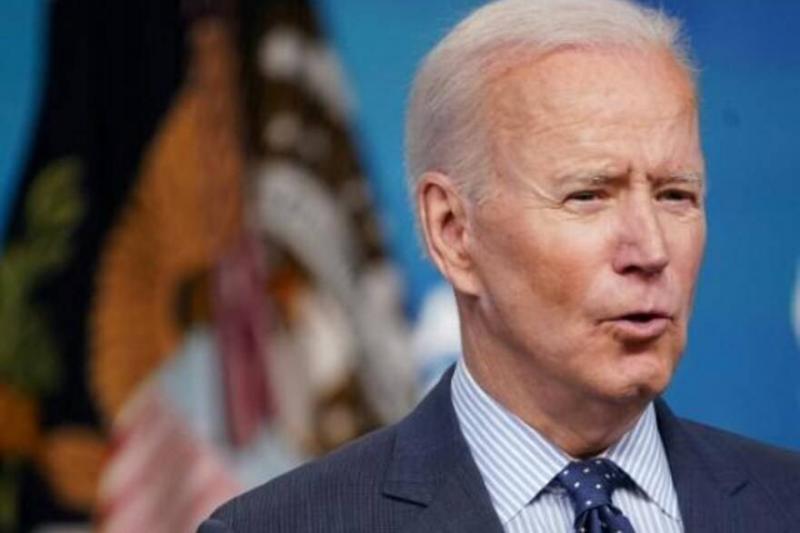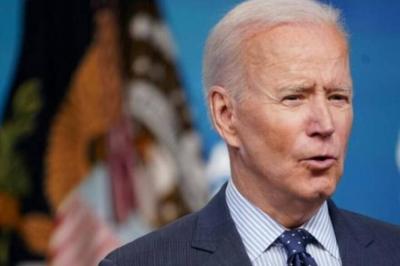Joe Biden has followed in the footsteps of former President Donald Trump by expanding the blacklist of Chinese companies accused of supporting Beijing's military activities, making them ineligible for American investments. The Democratic president amended the order issued by his predecessor last November to include companies involved in manufacturing and deploying surveillance technology that can be used not only in China against the Muslim minority and Uyghur opponents but globally as well.
The White House stated, "This order allows the United States to prevent - in a focused and targeted manner - American investments in Chinese companies that threaten U.S. security or democratic values or those of its allies." Washington clarified that this list also targets companies using "Chinese surveillance technologies outside of China, as well as developing or utilizing them to facilitate repression or serious human rights violations," specifically mentioning the Uyghurs.
The initial list established during Trump's presidency on November 12 consisted of 31 companies believed to supply or support China's military and security apparatus. The number of companies has now increased to 59. Americans with stakes and other financial interests in these companies, whether individuals or institutions, have until August 2 to divest.
The list includes massive construction, telecommunications, and technology groups such as Huawei, China National Offshore Oil Corporation (CNOOC), China Railway Construction, China Mobile, China Telecom, and even Hikvision for video surveillance. The Biden administration reaffirmed its intent to "institutionalize and strengthen" the decree signed by Donald Trump "to prohibit American investments in the military-industrial complex of the People's Republic of China."
In response to a question on this matter last Thursday, before issuing the decree, China condemned the "political" ban enacted by the United States under Trump, asserting that it "completely disregards" the reality of the companies involved. Wang Wenbin, a spokesperson for the Chinese Ministry of Foreign Affairs, stated, "The U.S. should respect the rule of law (...) and stop taking actions harmful to the global financial market." He vowed during a regular press conference that "China will take necessary measures to firmly protect the legitimate rights and interests of Chinese enterprises."
Since taking office, Biden has adopted a tough stance toward China. This issue is one of the few areas where his policy is a continuation of Trump's, who led an active campaign against Beijing. However, unlike his predecessor, Biden aims to leverage diplomatic channels by forming a united front against China with U.S. international partners.
This issue also has gained consensus in Congress in Washington. Earlier this week, Republican Senators Tom Cotton and Marco Rubio, along with Democrats Gary Peters and Mark Kelly, published a joint letter calling for a new blacklist. The lawmakers stated in their letter, "The U.S. government must continue to work decisively to prevent the Chinese Communist Party from plundering our industrial base."
During Trump's presidency, the trade confrontation between the world's two superpowers led to a reciprocal imposition of tariffs on hundreds of billions of dollars worth of goods, impacting the global economy. Nonetheless, Beijing and Washington reached a trade agreement that appeared to be a form of truce in January 2020, before the COVID-19 pandemic paralyzed the world.




